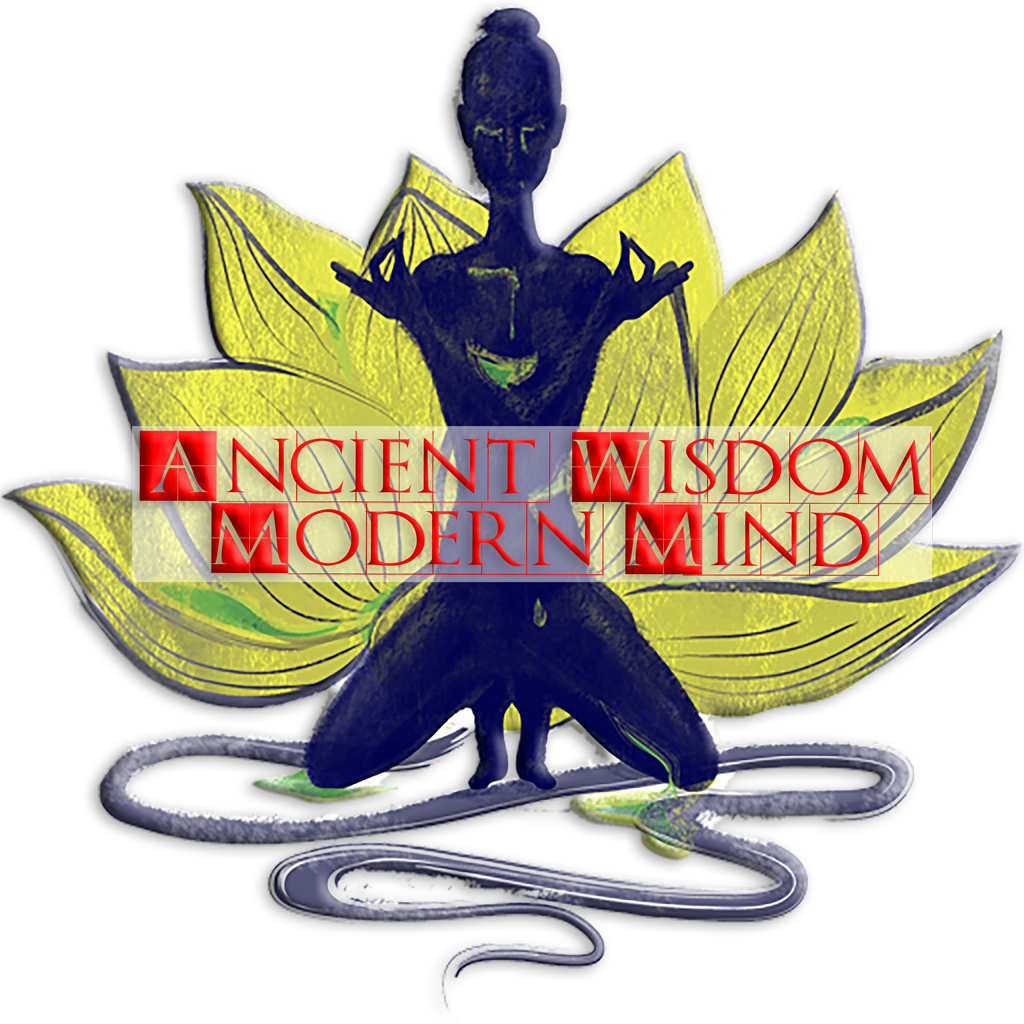Four Noble Truths of Buddha | Misunderstanding of Second Noble Truth
What are the four noble truths of Buddhism? Why we misunderstand the Buddha’s second noble truth?
Hello, Jason Cain here and welcome to the Ancient wisdom modern mind podcast and today I would like to share with you about Buddhist Beliefs of four noble truths of Buddha.
Four Noble Truths, Pali Chattari-ariya-saccani, Sanskrit Chatvari-arya-satyani, one of the fundamental doctrines of Buddhism, said to have been set forth by the Buddha, the founder of the religion, in his first sermon, which he gave after his enlightenment.
Although the term Four Noble Truths is well known in English, it is a misleading translation of the Pali term Chattari-ariya-saccani (Sanskrit: Chatvari-arya-satyani), because noble refers not to the truths themselves but to those who understand them. A more accurate rendering, therefore, might be “four truths for the noble”; they are four facts that are known to be true by those with insight into the nature of reality but that are not known to be true by ordinary beings. The Buddha stated in his first sermon that when he gained absolute and intuitive knowledge of the four truths, he achieved complete enlightenment and freedom from future rebirth.
The Four Aryan (or Noble) Truths are perhaps the most basic formulation of the Buddha’s teaching. They are expressed as follows:
The Truth of Suffering
The Causes of Suffering
The End of Suffering
The Path that Frees us from Suffering
▶️ Non-attachment or detachment as proposed in Buddhism is radically misunderstood by many. Non-attachment actually brings about the most profound sense of care, compassion, and freedom you could ever imagine. Non-attachment doesn’t mean being cold as a stone. Emotions don’t cease to exist as you learn to let go. You just relate to them differently because you understand their ephemeral nature.
▶️ When you understand the true meaning of non-attachment:
Expectations no longer rule your life.
Emotions arise, but you have space. You have perspective. Emotions don’t catch and torment you every time.
You relate to the world as it is rather than to your concepts about it, which never bring lasting happiness.
You have clarity of mind so you’re able to see through to the truth of things.
You’re not bothered by much, but that doesn't mean you tolerate harmful behavior.
The problems of this world evoke compassion rather than anger.
You don’t chase after happiness. You just enjoy it when it’s present, and release it when it dissolves.
You're able to allow life to unfold without needing to control everything.
You don't stop loving. You love even more.
Your heart only grows bigger and bigger and bigger, when you see all the unnecessary suffering in this world.
You feel naturally compelled to help, but you’re not attached to the outcome.
The sense of spaciousness and freedom you feel bring a genuine contentment that can never be found in temporary experiences.
To know more please listen to the full podcast.
If you like the video, please SUBSCRIBE and don't forget to 👍 like, comment and share. Stay safe.
Letter of Support
Hello my friends, the patronage of regular followers is greatly appreciated and is the true spirit of mutual self-love… So, if you find any value or joy in the content, please consider becoming a Supporting Patron by downloading Podcasts for a small supporter’s remuneration or by purchasing Meditation audios or books from the Books & Meditation Audios page or by clicking the Supporters Link, and this one simple act makes a huge difference.
👍 share and Stay safe.
References
// IMAGE S O U R C E: Girl upset sad: https://pixabay.com/photos/girl-upset-sad-depressed-hipster-863686

